Advanced asylum considerations
Maria* was a 24 year old woman who fled her home country of El Salvador after witnessing her family murdered and abused, she fled, by foot, to the U.S., eating out of trash cans along the way. She loved to cook, took pride in caring for her parents, and loved to spoil her favorite niece. She always hoped to become a teacher, but had to stop school to take care of her father's store.
When I met her to conduct a psychological evaluation for her to claim asylum protection in the U.S., she was most concerned about her family - where are they? Are they safe? What are they doing now? Do they think about me? She didn't experience just one traumatic event - she's managing the loss of her supports, her culture, safety, and security in the world.
Currently, 1 in every 113 people is forcibly displaced from their home around the world with 4.2 million people seeking asylum from persecution, violence, war, and natural disasters.
For many asylum seekers, having a psychological evaluation that shows the effects of persecution and migration on mental and emotional health can be useful in the legal proceedings for asylum.
For those who may not work directly with asylum seekers, know that oftentimes those seeking safety have experienced polyvictimization across the lifespan: multiple types pf emotional, physical, sexual abuse, neglect, the structural violence of poverty, lack of access to basic shelter, food, and medical care. It’s not only a one-time event that has caused trauma - it’s a cumulative process that can wear one’s natural ability to cope.
We also need to be mindful that trauma happens outside a person - community violence, historical and cultural traumas, and poverty, can all create experiences that lead to fear, insecurity, and hopelessness.
For those who are fleeing due to interpersonal violence, there are many issues that can play a role in how people present themselves:
Cultural Acceptability of interpersonal violence
Social isolation
Ethnic identification
Stigma and shame
Perpetrators may use limited English proficiency to limit someone, or control what they can/not do - for example, a man who has more English language skills might silence their victims by serving as the main communicator when interacting with others.
I’m honored to have been invited to present to UCSF’s Health and Human Rights Initiative, as a panelist on their discussion of Advanced Asylum Evaluations for Adults Fleeing Central America. Feel free to watch below if interested:
To learn more about asylum seekers and forcibly displaced people, feel free to:
watch this video or fact sheet I made for the American Psychiatric Association,
peruse any of the studies I’ve done on the mental health of survivors of torture,
read my book, Child, Adolescent & Family Refugee Mental Health: A Global Perspective, co-edited by the senior mental health adviser, UN High Commissioner for Refugees
or check out this mental health and psychosocial assessment I did with displaced Syrian adolescents in the Za’atari refugee camp in Jordan.
Or read more field notes on Human Rights
